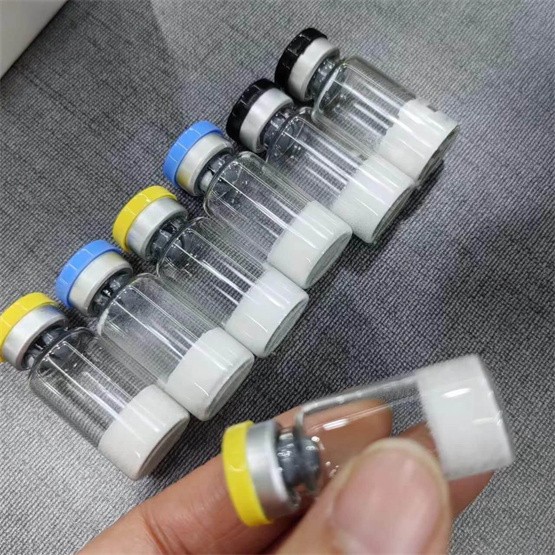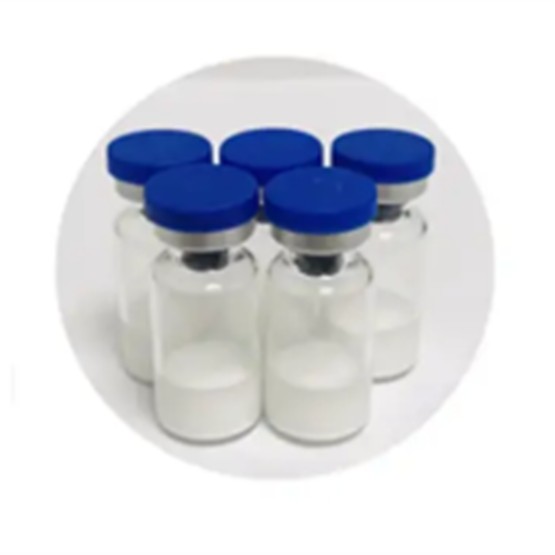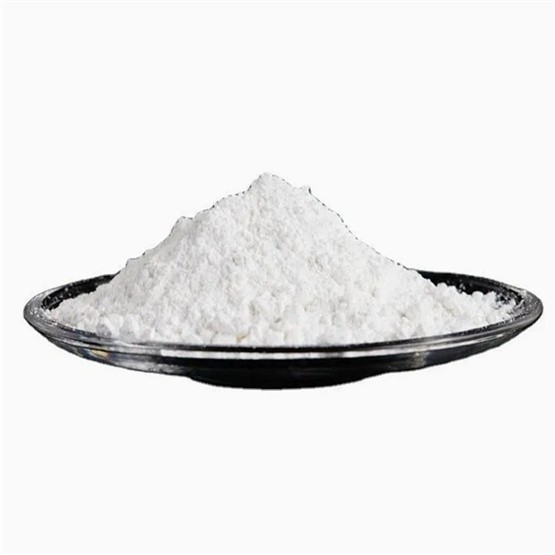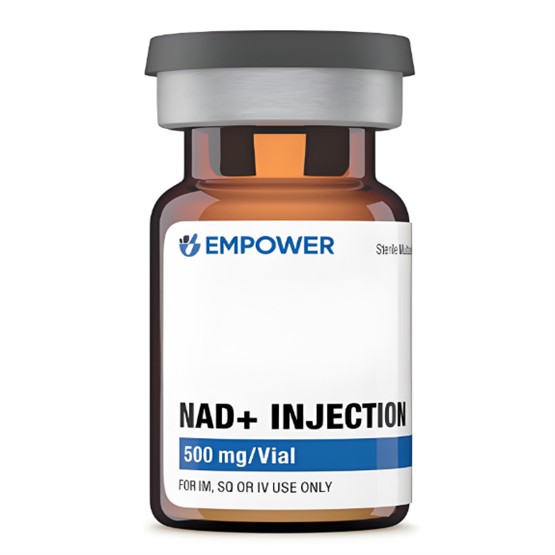Getting the Most Out of Weight Loss Medications: Small Changes, Big Impact
Weight loss medications like Ozempic, Wegovy, and Mounjaro have changed the game for many people struggling with weight loss. They help curb appetite, regulate blood sugar, and make it easier to eat less without feeling like you’re constantly battling hunger. But here’s the thing—medication alone won’t magically transform your health. If you truly want lasting results, the way you live your day-to-day life matters just as much as the number on the scale.
Losing weight is about more than just what you eat. It’s about how you move, how well you sleep, how you manage stress, and the small habits that shape your daily routine. When these factors are aligned with your weight loss goals, you’ll see better results—not just in the short term, but for the long haul.
Move More, But Make It Enjoyable
You don’t need a hardcore workout routine to lose weight, and honestly, forcing yourself into a fitness regimen you hate isn’t going to stick. The good news? Even small amounts of movement throughout the day add up. Walking a little more, stretching while watching TV, standing instead of sitting—these tiny shifts can make a difference over time.
Of course, if you enjoy structured workouts, that’s great too! Strength training helps preserve muscle while burning fat, and activities like yoga or pilates improve flexibility and balance. The key is to find movement that feels good to you. If lifting weights at the gym isn’t your thing, maybe a dance class or a weekend hike is. Whatever it is, consistency is what counts—not perfection.
Sleep: The Secret Weapon for Weight Loss
Most people underestimate how much sleep affects weight loss. If you’re constantly running on empty, your body is going to fight you every step of the way. Lack of sleep messes with your hunger hormones, making cravings stronger and willpower weaker. Ever noticed how after a bad night’s sleep, you just want carbs, caffeine, and sugar? That’s your body trying to compensate.
Aim for at least seven solid hours of sleep each night. That might mean setting a bedtime routine, cutting off caffeine in the afternoon, or keeping your phone out of reach when you go to bed. Even small changes, like dimming the lights an hour before sleep, can help improve sleep quality.
Stress Less, Lose More
Let’s be real—stress isn’t going anywhere. Life is always going to throw challenges your way, but how you handle stress can make or break your weight loss progress. Chronic stress leads to high cortisol levels, which can trigger emotional eating, stubborn belly fat, and disrupted sleep—all things that make losing weight harder.
Managing stress doesn’t have to mean meditating for an hour a day (though if that works for you, great!). It can be as simple as:
Taking a few deep breaths before reacting to something stressful.
Stepping outside for fresh air when you feel overwhelmed.
Calling a friend instead of stress-eating.
Journaling for five minutes at night to clear your mind.
The more you develop healthy coping mechanisms, the less likely stress is to derail your progress.





